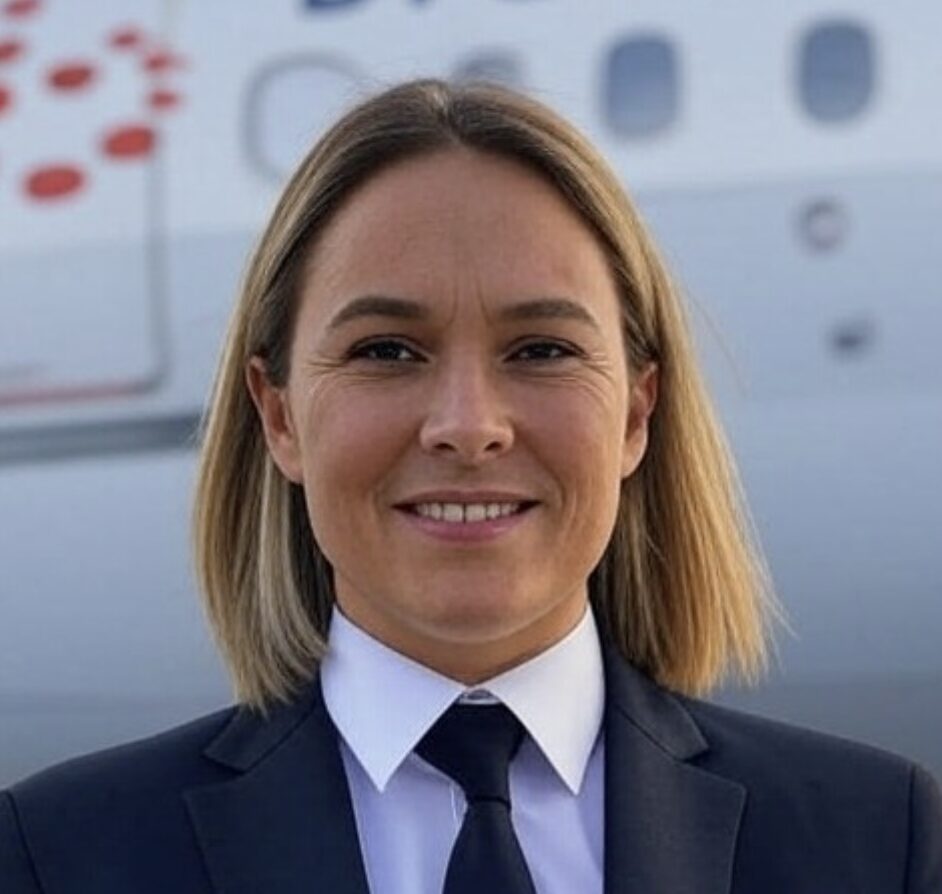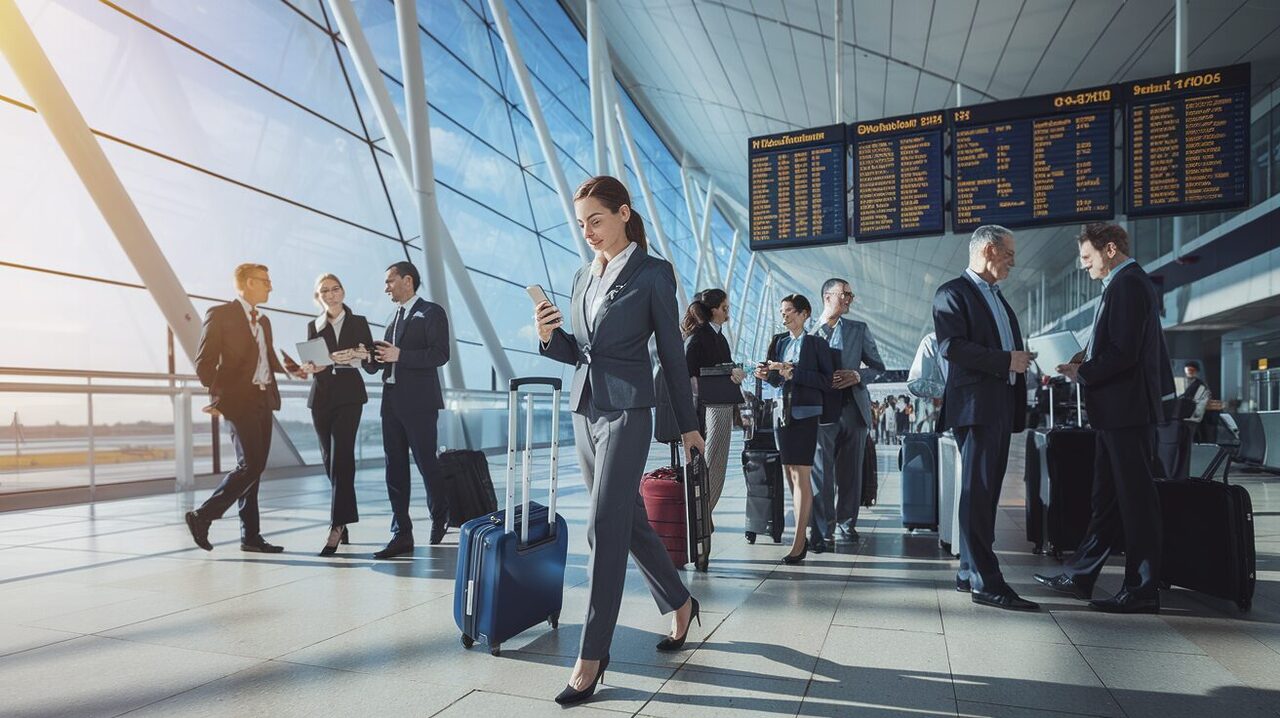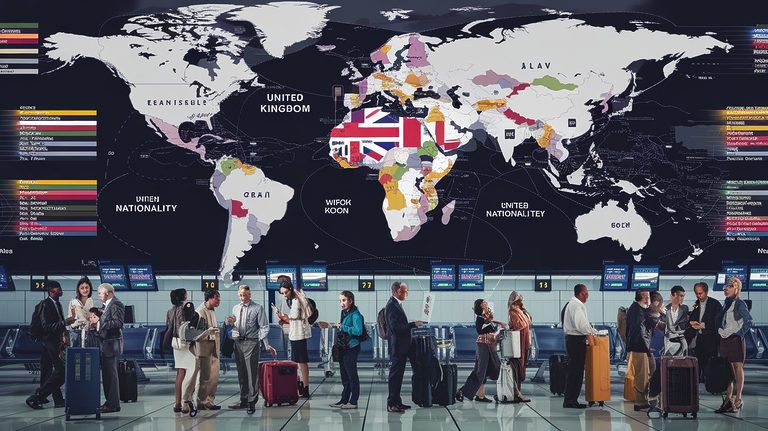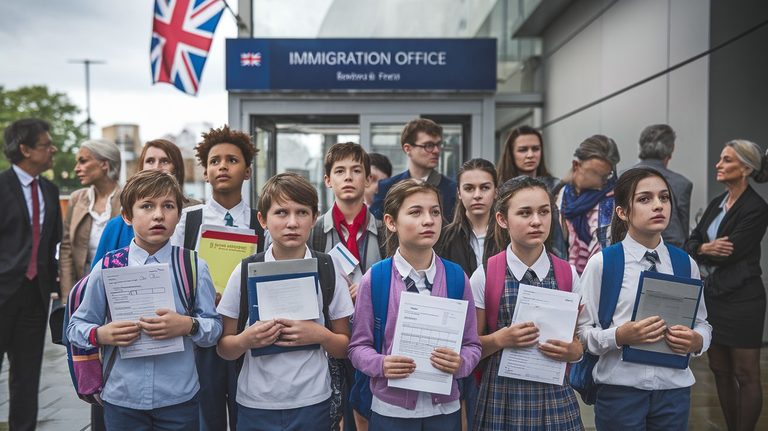The year ahead is set to be a landmark year for business travel, as the industry emerges robustly from recent uncertainties. Companies are increasingly recognizing the vital importance of face-to-face interactions, leading to a marked surge in travel spending. This optimistic trend reflects an evolving landscape where networking opportunities and market expansions drive businesses to invest in relocating their teams, enhancing global competitiveness while paving the way for a promising future in the travel sector.
The business travel landscape is on the verge of a remarkable transformation as 2025 is poised to be a landmark year for the industry. With a significant increase in spending and a strong demand for in-person interactions, companies are prioritizing travel as an essential component of their growth strategies. Various factors, including market expansion and the rise of bleisure travel, contribute to this positive trend, highlighting the need for a disciplined approach to manage the upcoming challenges effectively.
Increase in Business Travel Spending
After a period of uncertainty, the revival of business travel is characterized by a notable uptick in spending. Companies are beginning to understand that face-to-face meetings provide an invaluable advantage in enhancing team collaboration and driving growth. A significant 48% of travel buyers predict their organizations will increase business travel in 2025, indicating a robust commitment to fostering essential interpersonal connections directly.
Changing Travel Dynamics and Budget Considerations
As businesses adapt to the shifting travel dynamics, new budgetary forecasts are emerging. According to recent surveys, more than half of the respondents, around 57%, expect an increase in travel expenses this year. Companies are integrating their budgets to accommodate both essential travel and optional excursions, as noted by a growing percentage of business travelers anticipating a budget increase of up to 20%. This proactive financial planning reflects a collective recognition of the necessity to invest in corporate travel.
Factors Driving the Recovery
Several pivotal factors contribute to the resurgence of business travel. The expansion into new markets is paramount, with 47% of companies citing it as a primary motivation for increasing travel budgets. Additionally, attending conferences and events (45%) and growing headcounts (39%) are substantial drivers of this recovery. The surge in bleisure travel, where business trips are combined with leisure activities, further extends the duration of stays and diversifies expenditures. This market is projected to grow significantly over the next decade, potentially reaching a global value nearing $600 billion.
Challenges and New Demands
Despite the optimistic outlook, the revival of business travel also brings forth a set of challenges. Companies must navigate an evolving landscape characterized by economic changes, geopolitical concerns, and technological advancements. Organizations are becoming increasingly discerning in their travel decisions, prioritizing cost management while simultaneously recognizing the necessity for mobility.
The Importance of Technological Solutions
To thrive in this changing environment, businesses must partner with reliable, tech-savvy entities. Travelers today encounter obstacles such as flight delays and limited seat availability, prompting a search for solutions that can alleviate the stresses associated with travel. Modern business travel agencies are essential in delivering advanced technological integration, enabling seamless booking and efficient expense management. Features like automatic ticket reissuance, digital baggage tracking, and consolidated travel documentation are becoming standard expectations among travelers.
The Role of Visa Services in Business Travel
As part of these organizational strategies, companies are increasingly prioritizing services that streamline the visa acquisition process. With countries like China and Myanmar introducing new travel restrictions, and regions such as Liberia offering electronic visas, having a proficient partner can significantly ease the complexities associated with international travel. Agencies specializing in visa services are crucial, providing expertise in navigating the intricate web of regulations and requirements.
Projected Growth of Artificial Intelligence
Furthermore, the incorporation of artificial intelligence (AI) within travel programs appears promising. Although only 34% of travel buyers currently plan to adopt it significantly by 2025, the potential for AI to enhance the travel experience and optimize costs is noteworthy. From personalized offers to proactive disruption management, AI technologies can add unprecedented value to the business travel sector.
The business travel industry is poised for a significant transformation in 2025, as spending increases and new trends emerge. Companies must adapt to the changing landscape by prioritizing effective partnerships and embracing innovative solutions that streamline travel processes. As businesses recognize the essential value of personal connections, the stage is set for a landmark year that underscores the importance of in-person engagement.
Key Trends Impacting Business Travel in 2025
Increasing Demand
- 48% of travel buyers foresee increased business travel.
- 30% predict modest travel growth under 20%.
- Expectations for budget increases, with over 6% anticipating boosts over 20%.
- 15.7% of EMEA companies anticipate large increases in travel.
Strategic Adaptations
- Focus on cost management and selective travel decisions.
- Expansion into new markets remains a key motivator (47%).
- The bleisure trend continues to gain traction.
- Need for technologically competent travel partners is critical.
2025 is set to be a landmark year for business travel, as spending shows a significant increase signaling a robust recovery after a period of uncertainty. Companies are recognizing the essential value of face-to-face meetings for driving growth and maintaining global competitiveness. A considerable number of travel buyers anticipate increased travel budgets and spending, driven by factors such as market expansion, attendance at more conferences, and the rising trend of bleisure travel. However, this recovery brings new challenges, requiring companies to adopt a strategic approach to cost management and partner with technologically competent travel agencies to streamline operations and enhance the traveler experience.

Hello! I’m Elisa, a 45-year-old travel companion with a passion for exploring new places and cultures. With years of travel experience under my belt, I thrive on creating memorable journeys for my clients. Let’s embark on an adventure together!





